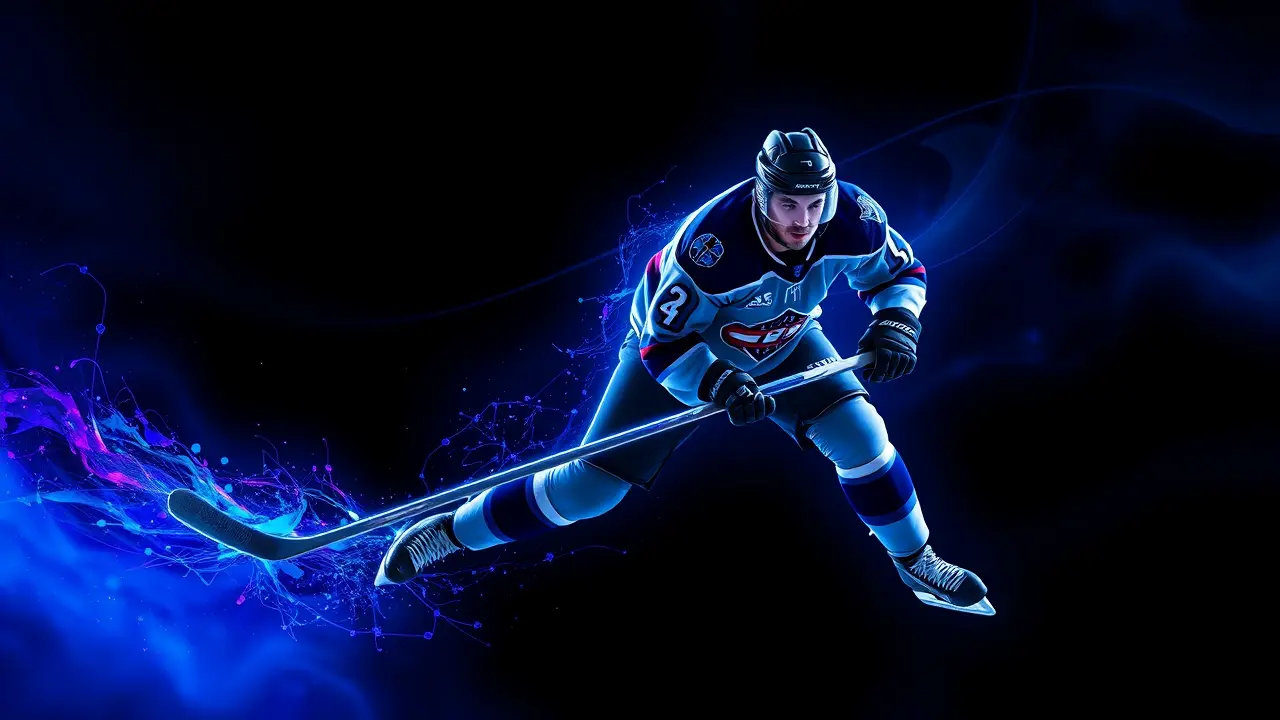SKA's Losing Streak is a Fiasco, Says Former Coach
The once-mighty SKA Saint Petersburg, a club accustomed to skating in the rarefied air of championship contention, finds itself mired in a crisis that feels less like a slump and more like a systemic collapse. Five consecutive losses is not merely a bad run of form; it’s a five-alarm fire blazing through the very foundations of a team built for dominance, leaving them languishing in a humiliating ninth place in the Western Conference.This isn't just a statistic; it's a fiasco, a sentiment echoed with grim authority by former coach Sergey Cherkas, whose words carry the weight of intimate institutional knowledge. The immediate challenge is Avtomobilist Yekaterinburg, a formidable opponent playing brilliantly even with key leaders sidelined, a testament to their depth and cohesion—qualities that seem to have evaporated in Saint Petersburg.For SKA now, every opponent has become an inconvenient truth, a mirror reflecting their own profound disarray. The solution, as Cherkas rightly points out, rests solely on the actions of the Petersburgers themselves; the coaching staff must make urgent, surgical corrections to the lines, or this death spiral will continue unchecked.To single out individuals like Golobin, Loktionov, or the legendary Igor Larionov for blame is to miss the forest for the trees. This is a collective failure, a team-wide malaise where even the imported talent, typically relied upon for a spark of differential quality, is failing to deliver the necessary standard.The specter of a coaching change, specifically concerning the positive-natured Larionov, now hangs over the team like a pall, and while such rumors inevitably breed a corrosive nervousness within the staff, the harsh reality of professional sports, as Cherkas bluntly notes, is that players are ultimately mercenaries. Their primary concern is the timely deposit of their salary; they play, first and foremost, for themselves and their own careers, and the identity of the man behind the bench is often secondary to that fundamental transaction.This isn't cynicism; it's the cold, hard calculus of the modern sporting landscape. However, this detachment does not inoculate them from the consequences of failure.The upcoming two-game set against Avtomobilist and Neftekhimik isn't just another pair of fixtures on the calendar; they are defining moments, a binary outcome that will dictate the immediate future of the entire organization. A sixth and seventh consecutive loss would transcend mere disappointment and enter the realm of the unimaginable—a full-blown fiasco that would demand radical, immediate intervention.One cannot help but draw parallels to other fallen giants across the sporting world, like a Barcelona side that drifted from its core principles, or a legendary NBA franchise that misjudged its roster's timeline. The anatomy of such a decline is always multifaceted: a breakdown in tactical identity, a erosion of player confidence that turns simple passes into Herculean tasks, and perhaps a disconnect between a coach's philosophical vision and the pragmatic demands of a results-driven business.Larionov's innate positivity, while a valuable asset in building culture, can sometimes be perceived as a lack of necessary urgency when the ship is taking on water. The broader context of the KHL's competitive balance also plays a role; the league is no longer a playground for a few financial superpowers, as teams like Avtomobilist have demonstrated with smarter scouting and more cohesive team-building.The possible consequences of continued failure are stark: a missed playoffs, a mass exodus of talent, a long and painful rebuild, and a permanent stain on the legacies of those involved. The narrative of SKA is now at a critical juncture, and the next 120 minutes of hockey will determine whether this is a story of a temporary setback or the beginning of a protracted and painful decline.
MI
Mikhail Petrov123k2 days ago
wow this is a pretty brutal read ngl, idk how a team with that much talent falls apart so completely
0
